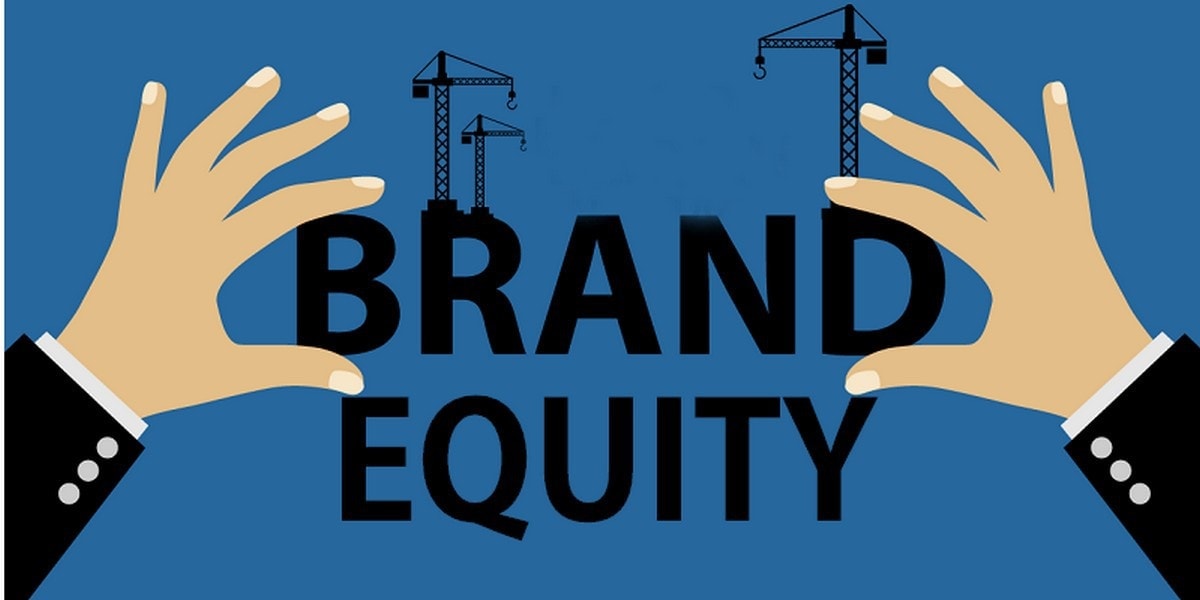Brand Equity

Brand equity refers to the intangible value that a brand adds to a product or service beyond its functional attributes. It represents the impact of brand perceptions and associations on consumer behavior and preferences. Brand equity is a measure of the strength and influence a brand holds in the marketplace.
Key components of brand equity include:
-
Brand Awareness:
- The level of recognition and awareness that consumers have for a brand. A highly recognized brand is likely to have higher brand equity.
-
Brand Associations:
- The positive or negative thoughts, feelings, images, and beliefs that consumers associate with a brand. Positive associations contribute to higher brand equity.
-
Brand Loyalty:
- The degree to which customers are committed to and consistently choose a particular brand over others. Strong brand loyalty enhances brand equity.
-
Perceived Quality:
- The perception of a brand's products or services in terms of quality and superiority. Higher perceived quality contributes positively to brand equity.
-
Brand Personality:
- The set of human-like characteristics and traits associated with a brand. A strong and favorable brand personality can enhance brand equity.
-
Market Positioning:
- The position that a brand occupies in the minds of consumers within a market. Effective and unique positioning contributes to brand equity.
-
Brand Image:
- The overall impression and perception that consumers have about a brand. A positive brand image enhances brand equity.
-
Brand Associations:
- The positive or negative thoughts, feelings, images, and beliefs that consumers associate with a brand. Positive associations contribute to higher brand equity.
-
Brand Loyalty:
- The degree to which customers are committed to and consistently choose a particular brand over others. Strong brand loyalty enhances brand equity.
-
Perceived Quality:
- The perception of a brand's products or services in terms of quality and superiority. Higher perceived quality contributes positively to brand equity.
-
Brand Personality:
- The set of human-like characteristics and traits associated with a brand. A strong and favorable brand personality can enhance brand equity.
-
Market Positioning:
- The position that a brand occupies in the minds of consumers within a market. Effective and unique positioning contributes to brand equity.
-
Brand Loyalty:
- The degree to which customers are committed to and consistently choose a particular brand over others. Strong brand loyalty enhances brand equity.
-
Perceived Quality:
- The perception of a brand's products or services in terms of quality and superiority. Higher perceived quality contributes positively to brand equity.
-
Brand Personality:
- The set of human-like characteristics and traits associated with a brand. A strong and favorable brand personality can enhance brand equity.
-
Market Positioning:
- The position that a brand occupies in the minds of consumers within a market. Effective and unique positioning contributes to brand equity.
-
Brand Loyalty:
- The degree to which customers are committed to and consistently choose a particular brand over others. Strong brand loyalty enhances brand equity.
-
Perceived Quality:
- The perception of a brand's products or services in terms of quality and superiority. Higher perceived quality contributes positively to brand equity.
-
Brand Personality:
- The set of human-like characteristics and traits associated with a brand. A strong and favorable brand personality can enhance brand equity.
-
Market Positioning:
- The position that a brand occupies in the minds of consumers within a market. Effective and unique positioning contributes to brand equity.
Brand equity is valuable for businesses as it can lead to various benefits, including increased brand loyalty, higher customer preference, positive word-of-mouth, and a competitive advantage in the market. Building and maintaining strong brand equity requires consistent efforts in branding, marketing, and delivering positive customer experiences.
Thank you.
